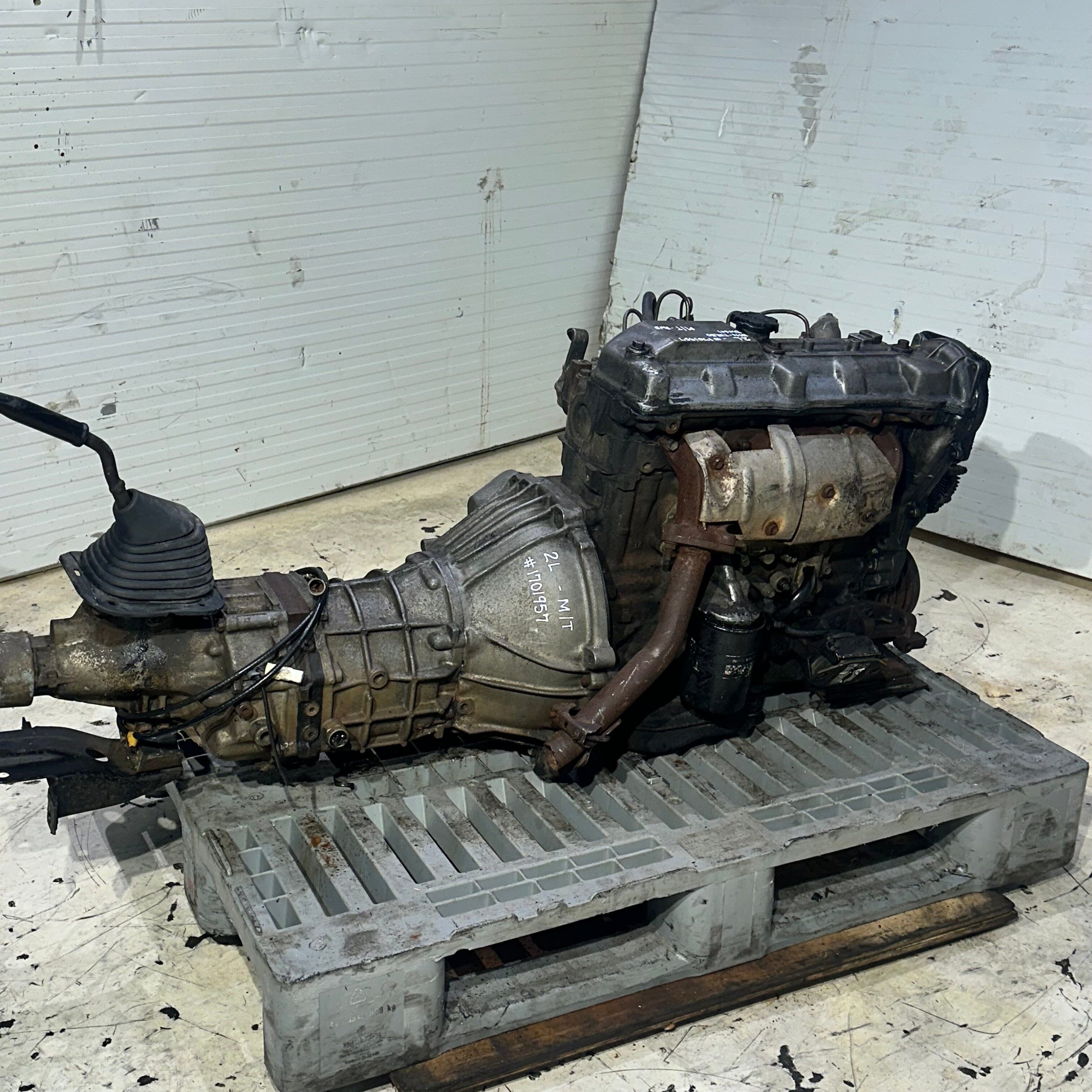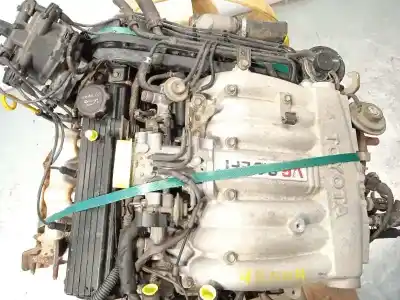Explore Top Quality and Value: Your Guide to Buying a Pre-owned Engine
When thinking about the acquisition of a pre-owned engine, comprehending the detailed balance between quality and worth is extremely important. A comprehensive analysis of engine condition, background, and integrity is necessary to make certain a sound investment. By conducting proper examinations and research, possible buyers can browse the intricacies of the marketplace better. However, the subtleties of service warranty choices and prices methods can significantly affect the total decision-making procedure. As you ponder these aspects, one concern continues to be: what particular components will ultimately guide your selection in this critical financial investment?
Recognizing Engine Types
When considering the purchase of a used engine, comprehension of the different engine types is essential for making an informed decision. Engines can normally be categorized into 2 primary kinds: inner burning engines and electrical engines. Internal burning engines, which consist of gas and diesel versions, rely upon the burning of gas to generate power. Gas engines are typically lighter and rev greater, making them ideal for performance automobiles, while diesel engines are renowned for their torque and gas efficiency, frequently preferred in heavy-duty applications.
On the other hand, electric engines use electrical power kept in batteries to power the car, providing a cleaner alternative with fewer moving components and minimized upkeep requirements. Within these categories, there are better differences, such as four-stroke versus two-stroke inner combustion engines, and different electrical motor setups.
Understanding these distinctions is important, as they affect efficiency, compatibility with existing vehicle systems, and long-lasting operational prices. By familiarizing oneself with the various kinds of engines readily available, prospective purchasers can better assess their needs and choose that line up with their vehicle's requirements and their personal choices.

Reviewing Engine Problem
An extensive examination of engine problem is critical for anyone considering the purchase of a second-hand engine. Start with an aesthetic inspection; look for indicators of oil leaks, rust, or any type of physical damages to the engine block. A clean engine is frequently a measure of good upkeep methods, while excessive crud may suggest disregard.
Following, assess the engine's parts, consisting of the timing belt, gaskets, and seals. Look for wear and tear, as these parts can be expensive to replace. Furthermore, examine the engine installs, as damaged installs may result in resonances and further mechanical issues.
A compression examination is important to evaluate internal engine health and wellness. Consistent compression across all cylinders indicates a well-maintained engine, whereas significant inconsistencies might direct to inner damage or wear.
Listening to the engine throughout a start-up can supply useful understandings; any kind of uncommon sounds, such as rattling or knocking, may suggest deeper problems. If feasible, demand an examination run to evaluate efficiency under lots. By thoroughly analyzing these elements, prospective buyers can make enlightened choices and secure a top quality used engine.
Checking Engine Background
Understanding the engine's background is important for making a well-informed acquisition. Knowledge of previous usage, upkeep documents, and any type of past damages can dramatically affect the engine's reliability and long life. Begin by requesting the vehicle recognition number (VIN) or engine serial number, which enables you to map the engine's background.
Utilize readily available sources, such as Carfax or AutoCheck, to get a car background report. This record will provide essential insights, consisting of mishap history, solution documents, and previous possession details. Toyota RunX RSI. Pay specific focus to any indications of extreme damages or repeated repairs, which may suggest underlying issues
Ask about maintenance routines executed on the engine. Regular oil adjustments, timing belt replacements, and other safety nets reflect see this here responsible ownership. Furthermore, ask if the engine has undertaken any adjustments, as non-standard changes can influence efficiency and compatibility with your vehicle.
Finally, ideally, look for verification from a relied on technician who can analyze the engine's condition based on its background (Toyota RunX RSI). This extensive examination will assist you ensure and avoid prospective pitfalls that your financial investment is audio and rewarding
Service Warranty and Return Plans
Buying a second-hand engine often comes with varying service warranty and return policies that can significantly influence your choice. When considering an utilized engine, it is necessary to extensively examine the warranty options provided by the vendor.

Furthermore, trusted sellers frequently provide documents that outlines the warranty and return process, ensuring transparency. Always request for this information prior to finalizing your purchase. A well-defined warranty and return plan can give comfort and shield your financial investment, making it an important component of the decision-making procedure when getting a used engine.
Discovering the most effective Offers
When seeking the very best offers on a used engine, it is critical to perform detailed research study and compare rates from numerous sellers. Beginning by exploring online markets, vehicle online forums, and local salvage yards to collect a thorough understanding of the marketplace. Using price contrast devices can simplify this process, highlighting affordable rates across various platforms.

Think about timing your purchase strategically. Seasonal variations in demand can affect prices, with specific times of the year offering much better bargains. Furthermore, be open to negotiating rates; many sellers may want to lower their asking rate, particularly if the engine has actually been detailed for an extended period.
Final Thought
In recap, buying a pre-owned engine demands a comprehensive assessment of top quality and value. Examining engine condition with examinations and tests, validating its background, and understanding warranty and return plans are critical steps.
When thinking about the acquisition of a second-hand engine, understanding of the numerous engine types is vital for making a notified decision. Engines can generally be classified into two major types: internal burning engines and electrical engines. Fuel engines are typically lighter and rev greater, making them suitable discover this for performance automobiles, while diesel engines are renowned for their torque and fuel efficiency, often preferred in durable applications.
A detailed evaluation of engine condition is vital for any person taking into consideration the acquisition of a pre-owned engine. More hints Beginning by requesting the car identification number (VIN) or engine serial number, which allows you to map the engine's history.